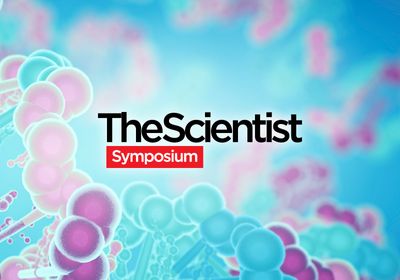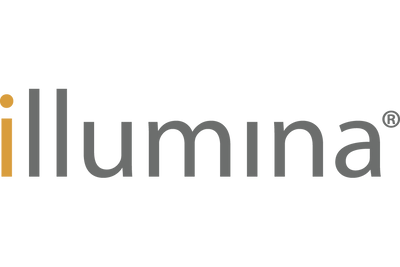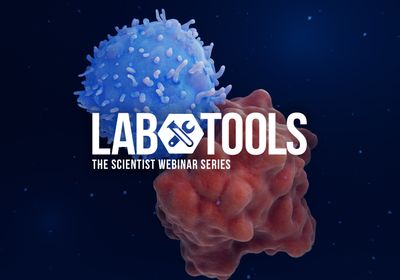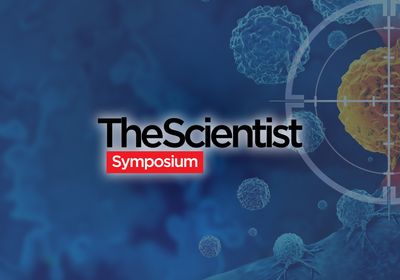Stay up to date on the latest science with Brush Up Summaries.
Is There a Connection Between Cancer and Diet?
Scientists have reported an association between nutrition and cancer for decades, attributing roughly 4 to 5 percent of cancer cases annually to poor diet. However, due to limitations in study design and assessment methods, and the heterogeneous nature of cancer pathophysiology, it is complicated for researchers to consistently determine the precise link between dietary factors and cancer risk.1,2

Randomized controlled trials of individual nutrients, foods, or food groups are often inconclusive or in contrast with observational studies. Still, epidemiological evidence suggests that diet affects cancer risk and mortality. As a result, scientists focus on studying overall dietary behaviors as risk factors for cancer. This is more reflective of how people eat: in general, individuals’ dietary patterns are not comprised of isolated nutrients or foods, but rather entire meals made up of a variety of foodstuffs. Although the connection between individual nutrients and cancer may be small, it remains important for researchers to examine potential additive and interactive effects of diet on cancer prevention and risk.1,2
Overview of Cancer Nutrition Guidelines
The American Cancer Society recommends following a healthy eating pattern as part of the guidelines for cancer prevention. This includes eating nutritious foods in amounts that help achieve and maintain a healthy body weight; a variety of vegetables, including dark green, red, and orange vegetables, and fiber-rich legumes (e.g. beans and peas); fruits, especially whole fruits with a variety of colors; and whole grains. In contrast, a healthy eating pattern limits or excludes red and processed meat, sugar-sweetened beverages, and highly processed food and refined grain products. The guidelines also advise limiting alcohol consumption, which is carcinogenic to humans.2
Scientists have collected evidence that healthy dietary patterns are associated with reduced risk for several cancers, including colon and breast cancer. However, it is important to keep in mind that cancer development is a complex genetic process linked to random and inherited mutations, not solely lifestyle factors. While maintaining a healthy diet is important for overall health and may contribute to cancer prevention, diet alone cannot cause, prevent, or cure cancer.2-5
The Science Behind the Guidelines: Debunking Cancer Myths Related to Diet
Sugar, ultra-processed foods, and cancer
The human body breaks down dietary sugar into glucose for cellular energy. Both normal cells and cancer cells rely on glucose metabolism, but cancer cells reprogram their glucose metabolism machinery in favor of a process called aerobic glycolysis, which allows them to use glucose faster than normal cells. This is a hallmark of cancer known as the Warburg Effect, named for the scientist Otto Warburg, who studied cancer in the early 20th century.6-8 However, the adage that sugar feeds cancer contributes to a common cancer myth; faster glucose metabolism does not mean dietary sugar causes cancer. Scientists have not found evidence that reduced sugar intake prevents or treats cancer in humans, nor that eating too much sugar causes cancer. Glucose is a normal and necessary part of a healthy dietary pattern. Even so, added sugars in sweetened drinks and energy-dense foods (e.g. fast or ultra-processed diets that lack whole foods) are associated with gaining excess body fat. Researchers and clinicians caution that excess body fat is a cause of multiple cancer types. Additionally, scientists know that ultra-processed food intake is associated with increased colorectal cancer risk specifically. As such, while eating sugar does not directly cause cancer, excess sugar consumption is connected to cancer risk indirectly, through effects related to other dietary factors.2,9,10
Replacing red meat with plant-based alternatives
In 2015, the World Health Organization’s International Agency for Research on Cancer classified processed meat as a carcinogen and red meat as a probable carcinogen. Scientists studying meat consumption and cancer pathogenesis suspect that cooking meat at high temperatures produces mutagens such as heterocyclic amines, which increase tumor occurrence. Additionally, diets with lower amounts of animal products and rich in plant-based foods are associated with reduced risk of postmenopausal breast cancer and colorectal cancer.2,11 Up-to-date evidence supports the notion that plant-based proteins, such as tofu, are cancer-safe alternatives to animal meat, and contradicts the myth that soy promotes estrogenic cancers. Large-scale human studies have found that food-sourced soy is generally unconnected to cancer risk or, in the case of breast and prostate cancer, may be associated with reduced risk.2,12-14
References
- J. Kerr et al., “Physical activity, sedentary behaviour, diet, and cancer: an update and emerging new evidence,” Lancet Oncol, 18(8):e457-71, 2017.
- C.L. Rock et al., “American Cancer Society guideline for diet and physical activity for cancer prevention,” CA Cancer J Clin, 70(4):245-71, 2020.
- “The Genetics of Cancer,” NIH National Cancer Institute, https://www.cancer.gov/about-cancer/causes-prevention/genetics, accessed November 14, 2022.
- “Diet,” NIH National Cancer Institute,https://www.cancer.gov/about-cancer/causes-prevention/risk/diet, accessed November 14, 2022.
- “Cancer Prevention Overview (PDQ®) – Patient Version,” NIH National Cancer Institute, https://www.cancer.gov/about-cancer/causes-prevention/patient-prevention-overview-pdq, accessed November 14, 2022.
- D. Hanahan, R.A. Weinberg, “Hallmarks of cancer: the next generation,” Cell, 144(5):646-74, 2011.
- D. Hanahan, “Hallmarks of cancer: new dimensions,” Cancer Discov, 12(1):31-46, 2022.
- O. Warburg, “On the origin of cancer cells,” Science, 123(3191):309-14, 1956.
- “Does Sugar Cause Cancer?” ASCO Cancer.Net, https://www.cancer.net/blog/2021-11/does-sugar-cause-cancer, accessed November 14, 2022.
- L. Wang et al., “Association of ultra-processed food consumption with colorectal cancer risk among men and women: results from three prospective US cohort studies,” BMJ, 378:e068921, 2022.
- Q. Reng et al., “Dietary meat mutagens intake and cancer risk: a systematic review and meta-analysis,” Front Nutr, 9:962688, 2022.
- A.H. Wu et al., “Epidemiology of soy exposures and breast cancer risk,” Br J Cancer, 98(1):9-14, 2008.
- C.C. Applegate et al., “Soy consumption and the risk of prostate cancer: an updated systematic review and meta-analysis,” Nutrients, 10(1):40, 2018.
- D. Aune, “Plant foods, antioxidant biomarkers, and the risk of cardiovascular disease, cancer, and mortality: a review of the evidence,” Adv Nutr, 10(Suppl_4):S404-21, 2019.






